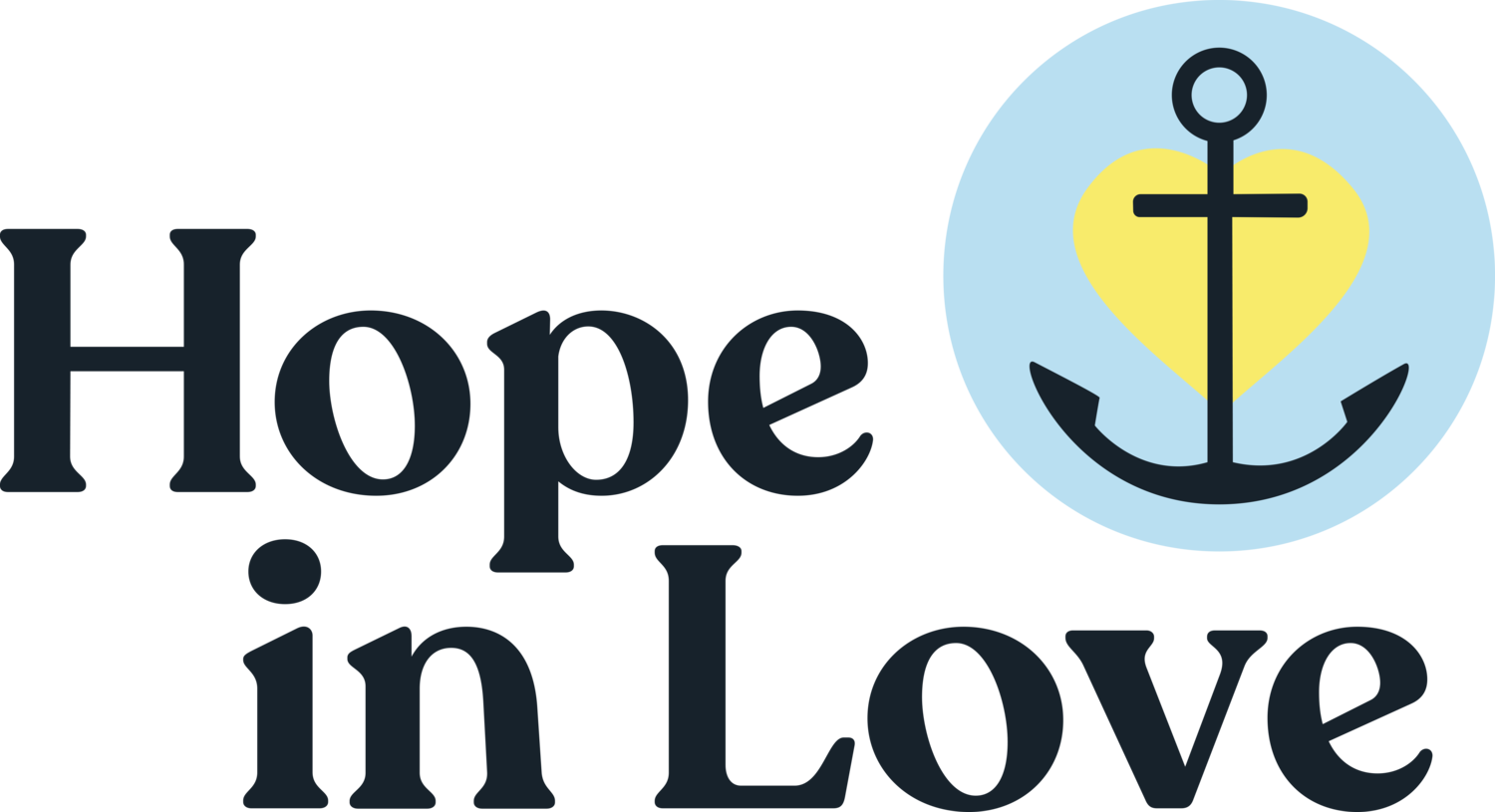Did You Know…? #4 Modern Heresies
Did You Know…what some current ‘Heresies’ are?
Last week we looked at the definition of a ‘heresy’ and saw that it is the willful acceptance of incorrect doctrine of the Christian faith. This week we will look at some of them that persist today.
There are 2 ancient heresies that are most currently held by those who broke away from the Catholic Church and formed a new ‘Protesting’ (i.e. Protestant) church 1,500 years after Christ began His Catholic Church. One heresy is the denial of the true presence of Christ in the Eucharist, claiming that the Eucharist is only a ‘symbol’ of His Sacrifice. Another is shown in the cry of ‘Solo Scriptura- Scripture Alone’! This heresy claims that one must only look to Scripture for answers, and must ignore the tradition of the Church. In essence, each individual must examine Scripture, and determine his or her own meaning of it. (This is in large measure why there are over 33,000 different versions of the Protestant faith today.) Yet both of these heresies were addressed in the very beginnings of the Faith.
The oldest text from the early church, written somewhere between A.D. 48 and 90 (@15 to 56 years after Christ’s crucifixion) is called the Didache (meaning ‘Teaching’). The word that the Didache uses repeatedly for the Mass is ‘Sacrifice’. The liturgy was seen as participating in the one sacrifice of Jesus Christ. As noted in the Didache: “It is this sacrifice that was spoken of by the Lord.” It goes on to note that believers must: “On the Lord’s own day, gather yourselves together and break bread and give thanks.” The Greek word for ‘give thanks’ is eucharistesate, which can also be written as ‘make Eucharist’. The Didache goes on to give instructions such as: “First confess your sins, so that your sacrifice may be pure.”, and other things that we would recognize as still part of our Mass today.
The Didache was probably written in Antioch, Syria (where the believer’s were first called “Christians”) even before some of the New Testament documents were written, showing the clear unbroken witness of the Eucharist - from the 4 Gospels onward. Yet St. Ignatius of Antioch was already writing to refute those who were claiming that the Eucharist was not the true body and blood of Christ. He spoke of those who: “From the Eucharist and prayer they hold aloof, because they do not confess that the Eucharist is the flesh of our Savior Jesus Christ.” St. Justin, in 155 affirmed this by noting: “The food that has been made the Eucharist by the prayer of His word, and which nourishes our flesh and blood by assimilation, is both the flesh and blood of that Jesus who was made flesh.”
Another point on which the early Church Fathers did not waver was the importance of understanding Scripture within the Tradition and Community of the Church. St. Polycarp wrote that “whoever interprets according to his own perverse inclinations is the firstborn of Satan.” The heretics Arius and Euryches both aroused horror by seeking to interpret Scripture in ways contrary to the Fathers who had gone before them. Nonetheless, St. Jerome summed up the Church Father’s view of the importance of knowing Scripture when he wrote: “A man who is well grounded in the testimonies of Scripture is the bulwark of the Church.” He also noted: “To be ignorant of Scripture is to be ignorant of Christ.”
And so.... did YOU know what ancient heresies other Christian churches now accept today? Next week we’ll look at some other heresies throughout the years.
(Information obtained from “The Fathers of the Church” by Mike Aquilina)
